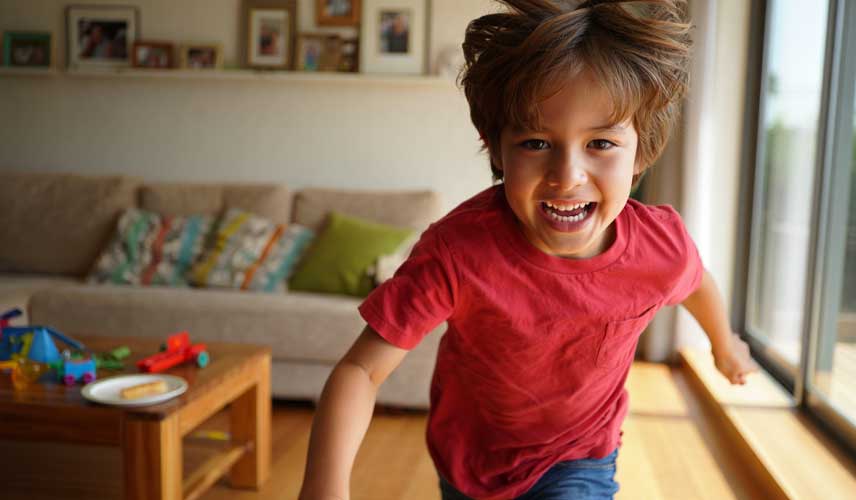
My child is hyperactive, what should I do?

One of the common problems of our times, attention deficit and hyperactivity disorder leads to anxiety for parents and uncertainty about how to behave towards their children. This situation is a source of stress and distress not only for the family but also for the child; a hyperactive child usually knows that their behavior causes discomfort and concern to those around them, but they cannot help the situation. To overcome this problem, parents need to be understanding and approach the child with love and support; they need to collaborate with the child's doctor and teacher. In this article, we will try to answer the question, 'how should one behave with a hyperactive child?' Parents should not fall into the illusion that the behavior of a child with ADHD will improve on its own one day. If ADHD is not treated, the child may exhibit behavioral disorders in their later life, may fail academically, and the likelihood of these occurrences is not negligible.
Families should not blame themselves for their child's condition; hyperactivity disorder, which has a biological origin, is not related to the family's inability to discipline the child. You may get angry at your hyperactive child's behavior, and sometimes you may be justified in being angry, but never impose physical punishments or hit them. It is very important for you to be consistent and patient. Do not give disproportionate punishments for what your child has done, and do not apply excessive discipline. The opposite is also true. Inadequate light applications can lead to a lack of discipline; disproportionate punishments can cause the child to become angry, rebellious, and disregard your rules and authority.
When a hyperactive child does something wrong or fails to comply with a rule, the restriction that needs to be imposed should be applied without delay. If you told your child that they cannot watch TV if they do a certain thing, do not let them watch TV when they do it. Your hyperactive child may frequently lie to cover up their failures and the shame and distress they feel as a result. If such a situation arises, you should encourage the child to be honest and identify the problem they are struggling to solve and support them in overcoming it. Hyperactivity can resemble and be confused with other psychiatric disorders, so it is necessary to consult a child psychiatrist for a definitive diagnosis. You should create a daily program for your child and ensure that their daily activities are always specific and the same.
Hyperactive children feel better when they receive support and love from their surroundings, just like other children. When your child does something positive, say nice words to them, appreciate them, hug them, and sometimes give them small gifts. There will be times when your child is so excited and active that they disturb you or others around them. During such times, try to find another activity to distract their attention. Your hyperactive child may exhibit behaviors such as kicking or biting towards their surroundings, and you may have to intervene and stop them.
In this case, avoid giving physical punishment and leave them alone until they calm down. Wait for times when they are calm to discuss their behaviors with them and help them understand the consequences of these behaviors.
Child Health and Safety Other Content in the Category

Child Health and Safety
Newborn Care
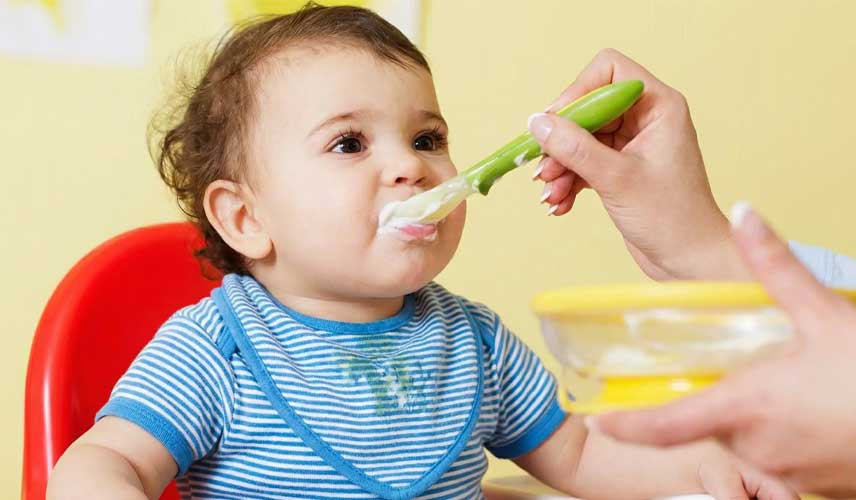
Child Health and Safety
My Baby Refuses to Eat Solid Food
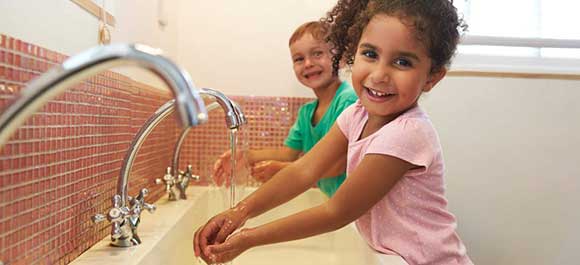
Child Health and Safety
Ways to Protect Children from the Coronavirus
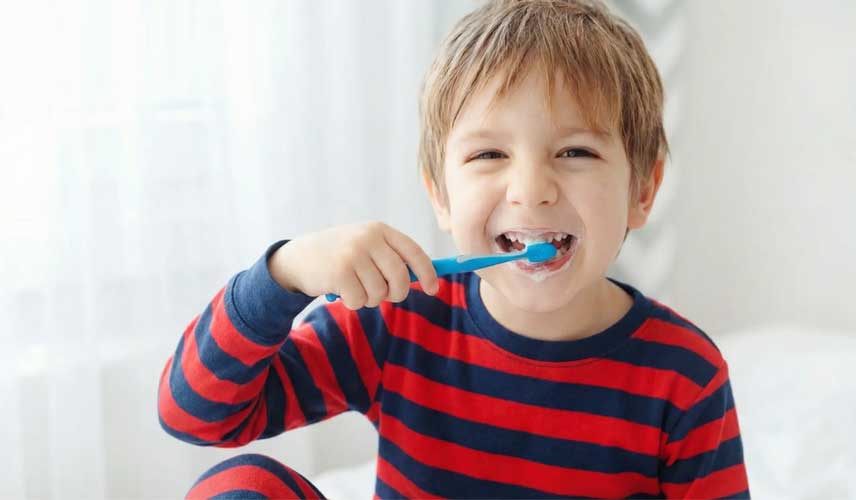
Child Health and Safety
What to Do to Instill Brushing Habits in Children
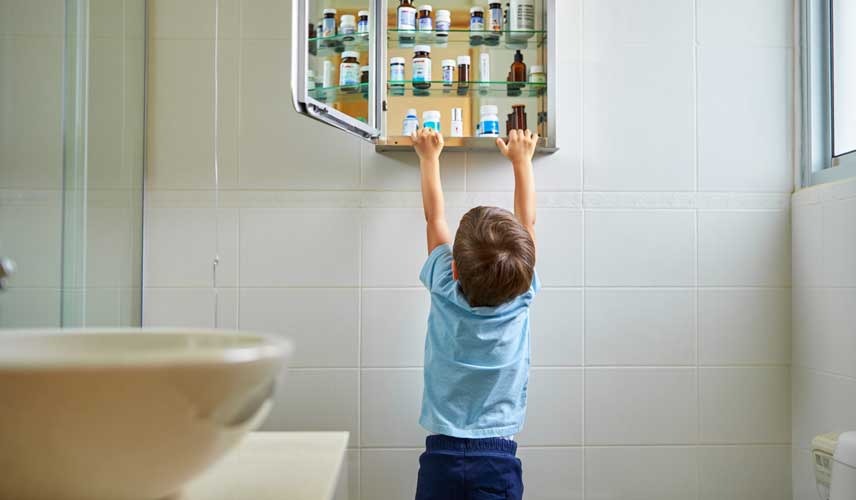
Child Health and Safety
Child Safety: Medications Should Be Stored Out of Reach of Children

Child Health and Safety
10 Effective Tips for Child Health
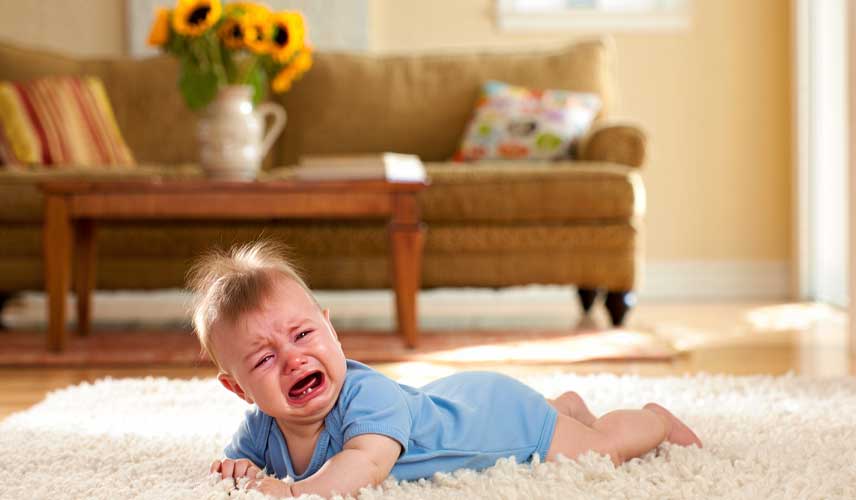
Child Health and Safety
8 Factors That Cause Babies to Cry
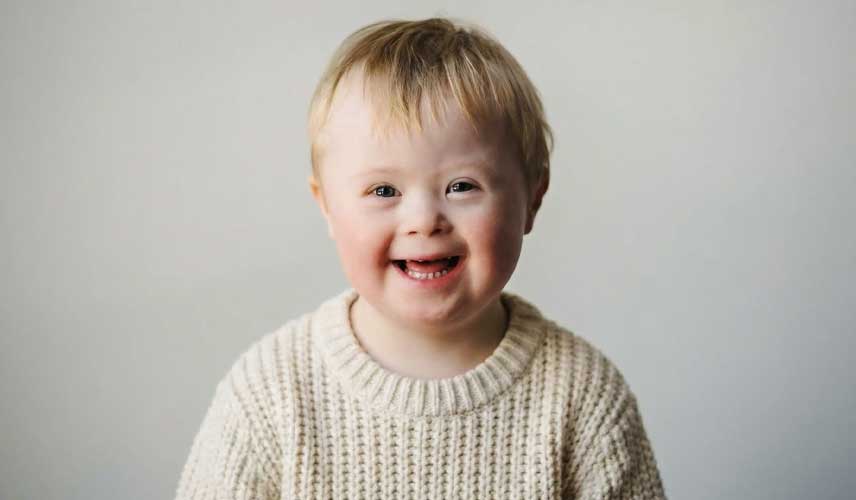
Child Health and Safety
Down Syndrome Diagnosis Methods
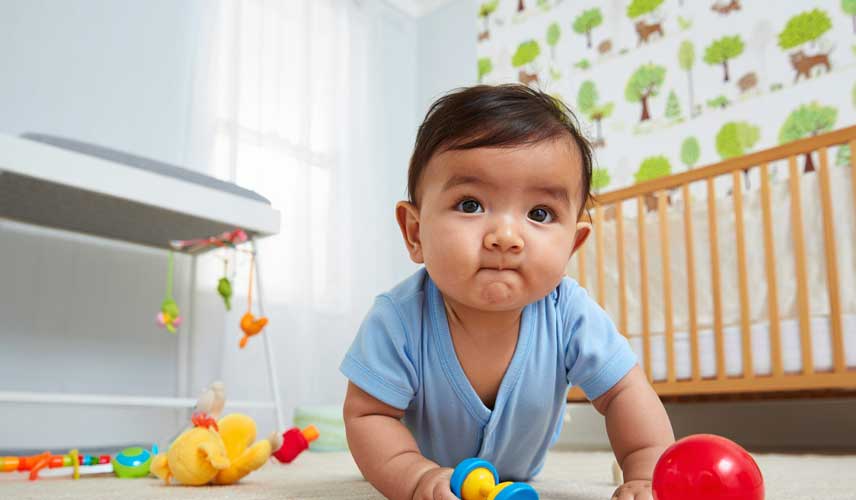
Child Health and Safety
When Do Babies Crawl
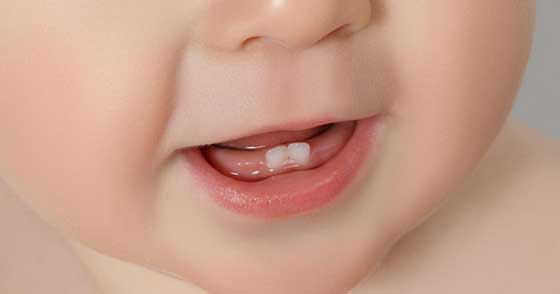
Child Health and Safety
Information About Teething Period in Babies
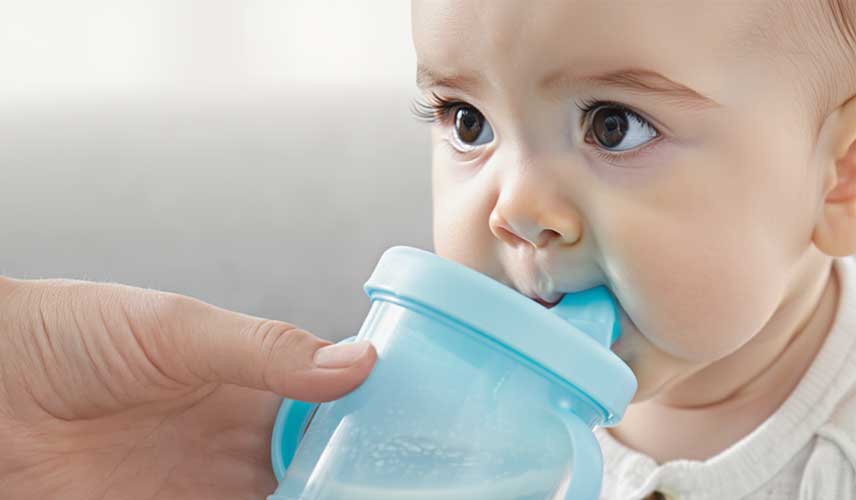
Child Health and Safety
How Much Water Should Babies Drink?

Child Health and Safety
10 Things to Do for a Healthy Pregnancy
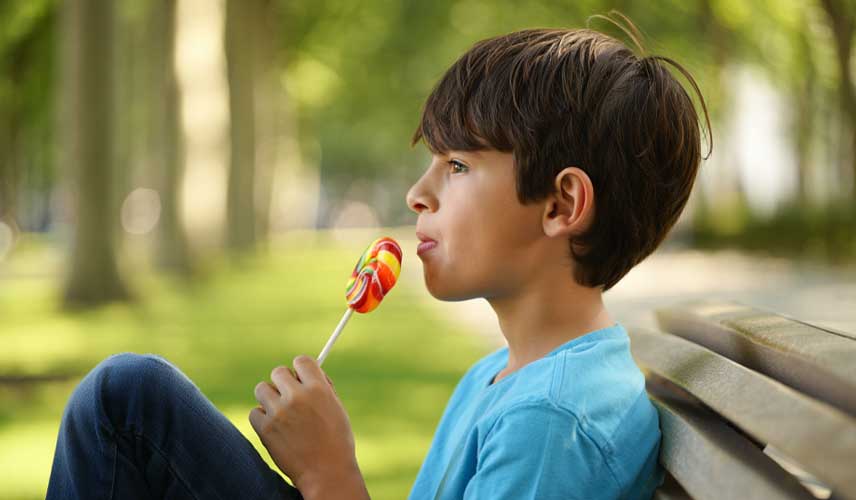
Child Health and Safety
10 Ways to Prevent Sugar Consumption in Children

Child Health and Safety
Frequently Asked Questions About Cancer and Chemotherapy
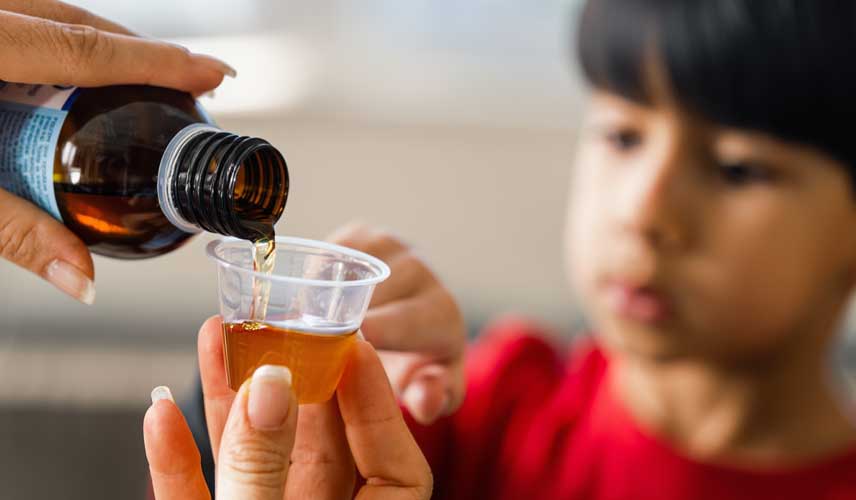
Child Health and Safety
